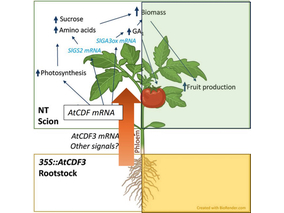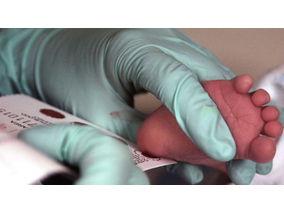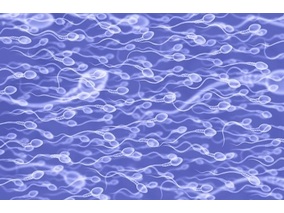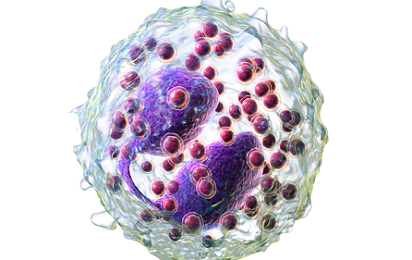Recent studies have found that some human cancer cells display a mutation bias where DNA that directly codes for proteins mutates at a different rate compared to DNA sequences which do not. It was hypothesized that this mutation bias, reported in 2017, also exists in human germline cells, with less mutations expected in DNA directly coding for proteins compared to the rest of DNA. If found true, this would mean human DNA mutates depending on the function of a sequence, upending decades of conventional knowledge in evolutionary biology.
A study published today in Nature Communications by researchers at the Centre for Genomic Regulation and the Universitat Autonoma de Barcelona, finds no evidence for this mutation bias in the human germline. The findings lay to rest theories that past human germline studies estimating selection would have to be reassessed.
To detect any potential biases, the researchers used computing techniques to build a portrait of all the mutational processes active in sperm and egg cells. They used this picture to estimate how many mutations they would expect to see in DNA sequences directly coding for proteins (exons) vs the rest (introns). Finally, they compared this estimate to the observed number of mutations in publicly-available datasets, finding they matched well.
The researchers also confirmed that these commonly used datasets are strongly enriched for damaging mutations, owing to a large contribution from diseased probands. This highlights the importance of accounting for this bias whenever these datasets are used.

AtCDF3 gene induced greater production of sugars a...

Un estudio con datos de los últimos 35 años, ind...

Un equipo de investigadores de la Universidad Juli...

En nuestro post hablamos sobre este interesante tipo de célula del...

Gracias al estudio de un grupo excepcional de personas dentro de los d...
Biotechnology portal in Spain
Subscribe to our newsletter and stay up to date with the latest news and deals!
2013 © Biotech-Spain.com - Site Developments SL. All Rights Reserved. Terms of Service | Privacy Policy
Articles
Directory
